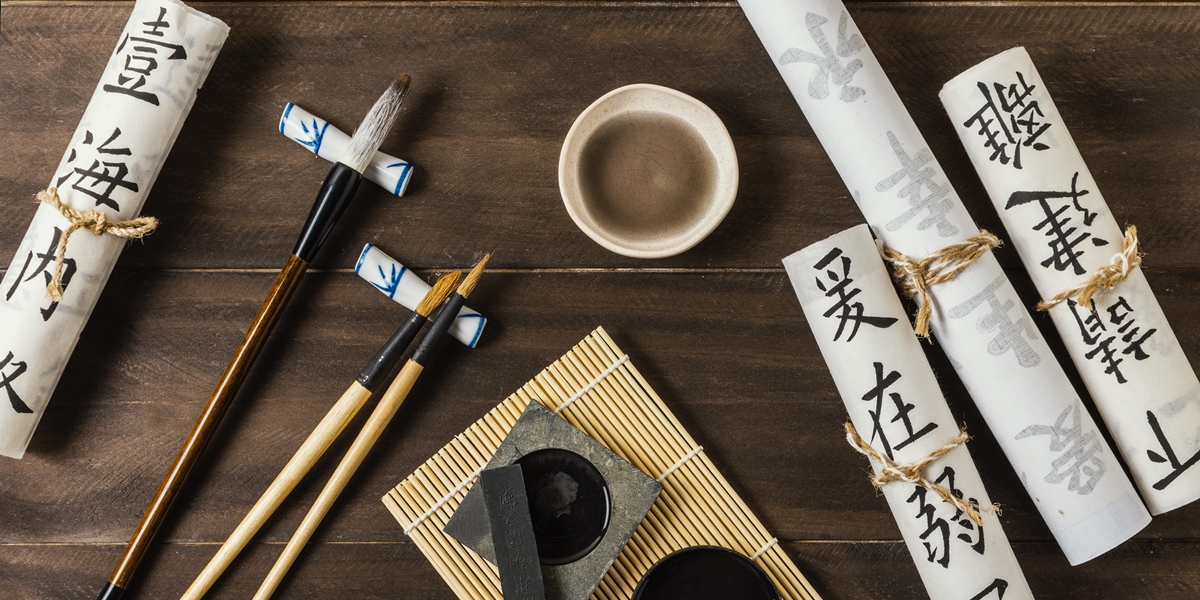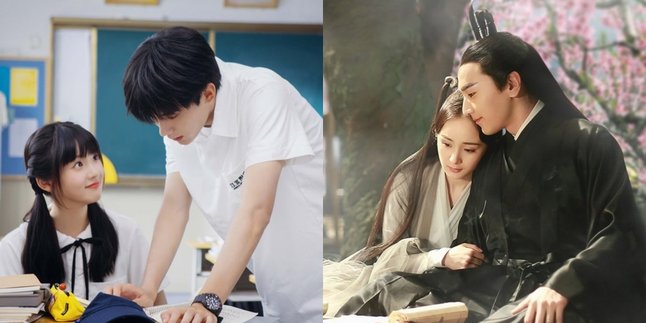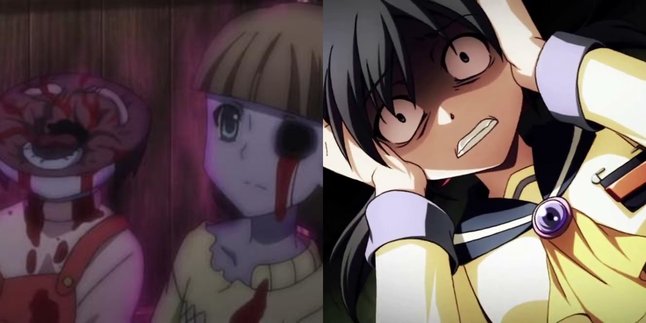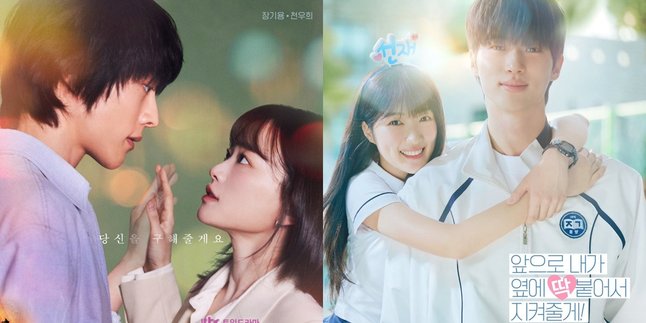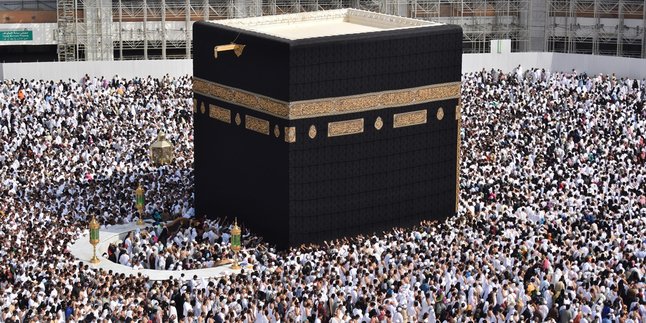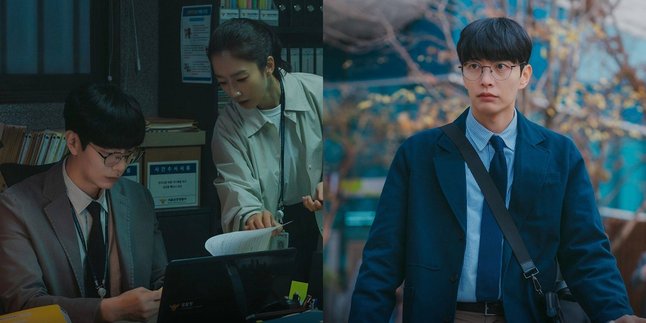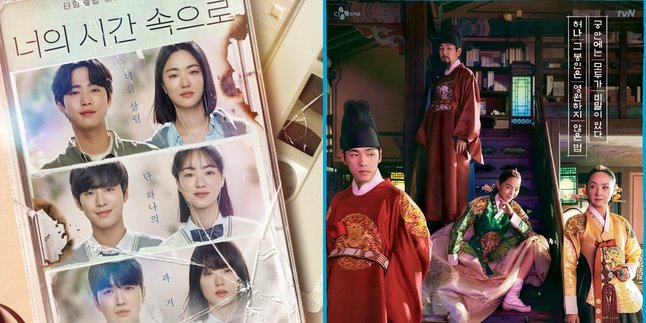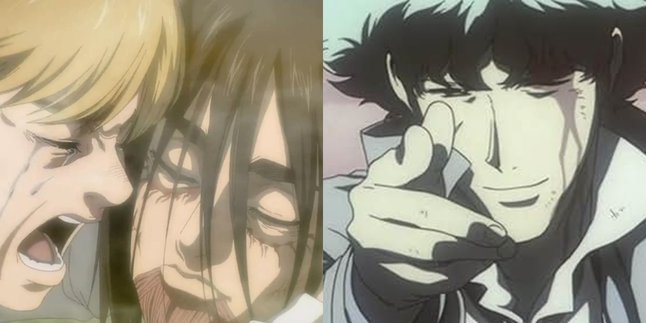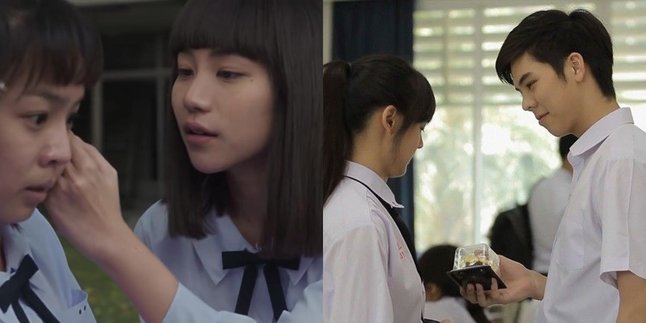Kapanlagi.com - Japanese language has various types of adjectives used to describe characteristics, one of which is adjective ending i in Japanese or also called i-keiyoushi. This type of adjective is important to use in daily conversations.
Usually used to provide more detailed descriptions. In this article, Kapanlagi will discuss the definition of adjective ending i in Japanese, complete with characteristics that differentiate it from other types of adjectives, as well as various example sentences to facilitate understanding.
Here is an explanation about adjective ending i in Japanese language, including the definition, characteristics, example words, and example sentences. Let's check it out, KLovers.
1. What is the i-Adjective Ending in Japanese?
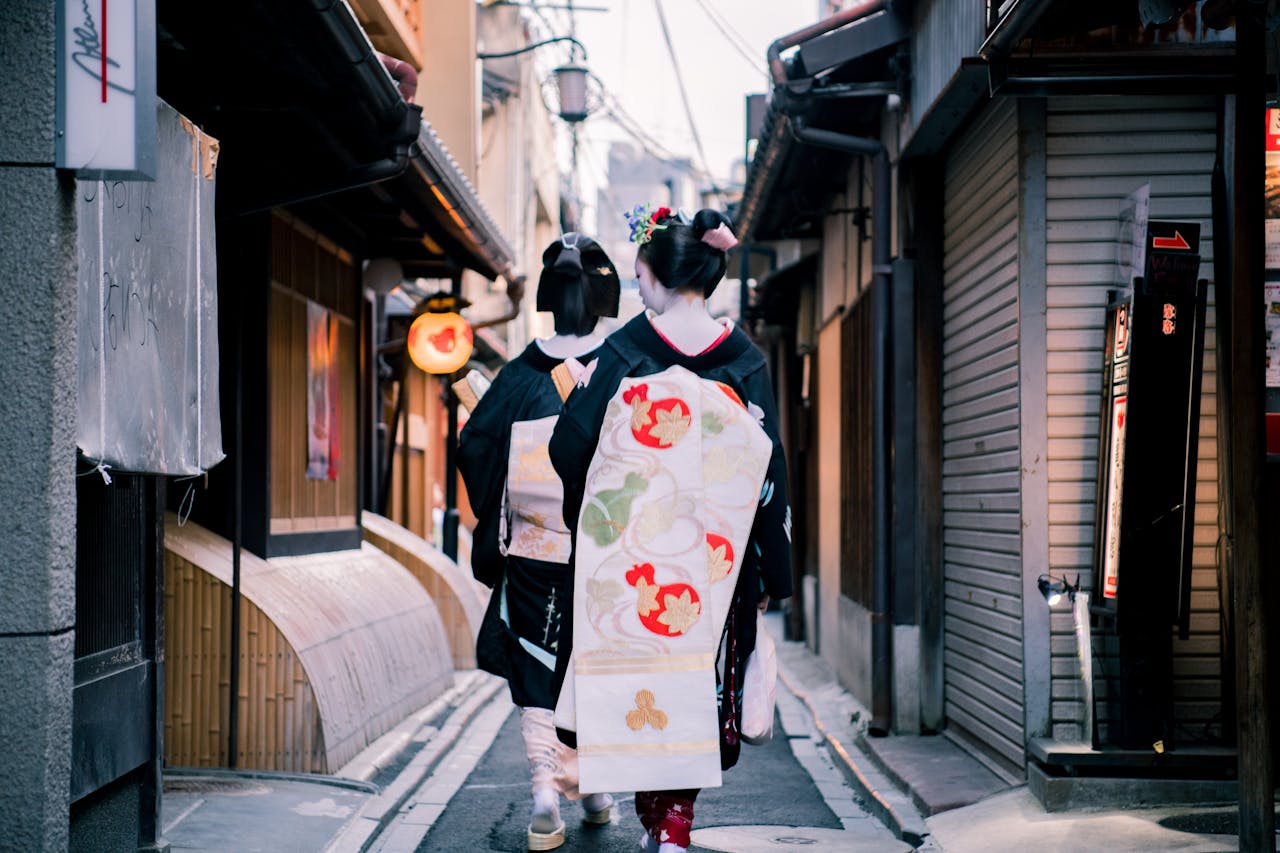
Illustration (credit: pexels.com)
The i-adjective ending in Japanese, also known as i-keiyoushi, is one of the two main types of adjectives used to describe nouns by providing additional information about their characteristics or states.
i-adjectives always end with a hiragana character and can be directly attached to the noun they modify. This ending is often used to describe the qualities or characteristics of an object, person, or situation in everyday conversations.
Learning the i-adjective ending in Japanese is crucial as it is widely used and important. However, it is important to note that there are also i-adjectives with the 'i' ending that do not represent positive qualities in Japanese.
There are also i-adjectives with the 'i' ending that can represent negative qualities, such as "tsumetai" which means cold. This word can be used to describe objects or situations with low temperature or to describe someone's coldness towards others.
The use of i-adjective ending in Japanese is highly useful in communication. By learning these adjectives, we can describe the qualities of objects, people, or situations more accurately and clearly, making everyday communication easier.
2. Characteristics of Adjectives Ending in i in Japanese
To better understand what adjectives ending in i in Japanese are like, you need to know their main characteristics. Yes, there are several main characteristics of adjectives ending in i in Japanese, such as the following:
1. End with Hiragana
All adjectives ending in i in Japanese end with the hiragana letter. For example, "atsui" means "hot" and "ookii" means "big".
2. Can stand alone as a predicate
The second characteristic is that adjectives ending in i in Japanese can stand alone in a sentence as a predicate without requiring additional verbs. For example: "Kono ringo wa oishii desu." (This apple is delicious.)
3. Conjugation
Another characteristic of adjectives ending in i in Japanese is that these i adjectives can be conjugated to express various tenses and moods. For example:
Basic/present positive form: "atsui" - hot
Negative form: "atsukunai" - not hot
Past positive form: "atsukatta" - hot (past)
Past negative form: "atsukunakatta" - not hot (past)
Te form: "atsukute" - and hot
4. Connecting with nouns
And the related characteristic of adjectives ending in i in Japanese is that i adjectives can directly connect with nouns. For example:
"atsui ocha" - hot tea
"ookii neko" - big cat.
3. List of Adjective Words Ending in i in Japanese
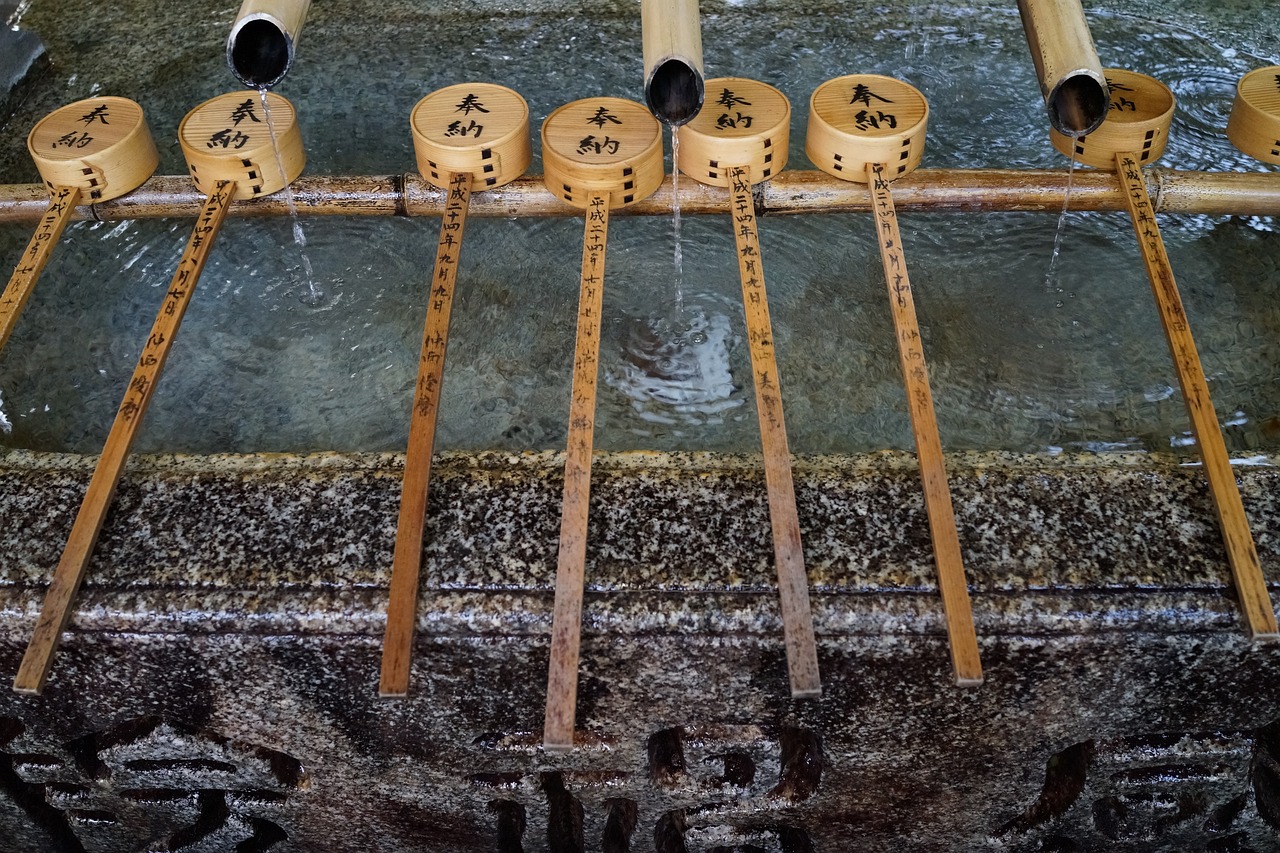
Illustration (credit: pixabay.com)
As explained earlier, adjective words ending in i in Japanese are usually written in Hiragana characters. Here are some examples of adjective words ending in i in Japanese, all of which are written in hiragana:
1. (atsui) - hot
2. (samui) - cold (weather)
3. (atatakai) - warm
4. (tsumetai) - cold (object)
5. (oishii) - delicious
6. (takai) - high/expensive
7. (yasui) - cheap
8. (hikui) - low
9. (hayai) - fast
10. (osoi) - slow
11. (ookii) - big
12. (chiisai) - small
13. (nagai) - long
14. (mijikai) - short
15. (atarashii) - new
16. (furui) - old
17. (ii) - good
18. (warui) - bad
19. (utsukushii) - beautiful
20. (kawaii) - cute
And here are some example sentences using adjective words ending in i in Japanese:
1. "Kyo wa atsui desu." - Today is hot.
2. "Kono hon wa omoshiroi desu." - This book is interesting.
3. "Chiisai inu ga imasu." - There is a small dog.
4. "Kono ringo wa oishii desu." - This apple is delicious.
5. "Sono eiga wa omoshiroi desu." - That film is interesting.
6. "Kyo wa samui desu." - Today is cold.
7. "Kono heya wa hiroi desu." - This room is spacious.
8. "Watashi no neko wa chiisai desu." - My cat is small.
That's the explanation of adjective words ending in i in Japanese. By understanding this, KLovers can improve their Japanese language skills and communicate more effectively in various situations.
(kpl/dhm)
Disclaimer: This translation from Bahasa Indonesia to English has been generated by Artificial Intelligence.
